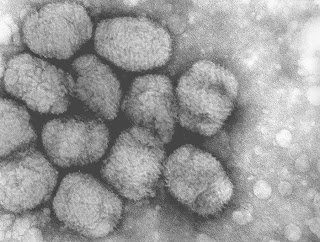I’ve been thinking a lot lately about why I chose to specialize in science. Whenever people ask, I typically tell them it is because I was really awful at science itself. This is only a half truth. I was absolutely awful at Chemistry and Physics, but I have always loved and succeeded in Biology and Environmental Science. I know my difficulty in chem and physics was directly tied to the trouble I have with math.
I know math has been described as beautiful for the ways in which numbers work through a charted path to arrive at a solution. But I have never been able to follow that path. I always get hopelessly muddled in trying to understand the principles to the point that I can’t follow the equation or the rule or whatever I’m supposed to be applying. I’m not stupid, so I wonder sometimes why I was so terrible at math. If I had a single teacher that cared enough to go off script and try to explain things in a different way, would I actually have been able to excel at a subject that didn’t come naturally? Things I”ll never know I guess.
But anyway, consequently when I arrived at Lehigh I wanted to be a biology major, but I was so behind in math (barely scraping through Algebra III was a far cry from passing Calc I & II) that I would have had to pass pre-calc for no credit before I could even start on my major track. I wonder if in choosing to write about biology instead of struggle through the math that I needed to be able to do biology if I took the easy way out. Although, I’m not sure there is anything easy about being a science writer.
I bring up my specialty and why I chose it because today in J800 Adam Lashinsky, a feature writer for Forbes, spoke about his work as a finance writer. He said he was working hard to avoid getting labeled as a tech writer, although he has done a lot of reporting on business in the Silicon Valley. His reasoning was that he wanted to be free to write about whatever interested him.
There are positives and negatives to specializing, but for me it was the whole reason I got into journalism in the first place. I wanted to be connected to the science, so for me without that bond with my speciality I can’t say that I would be in journalism at all. I wonder if that will make me a better or worse science writer?


